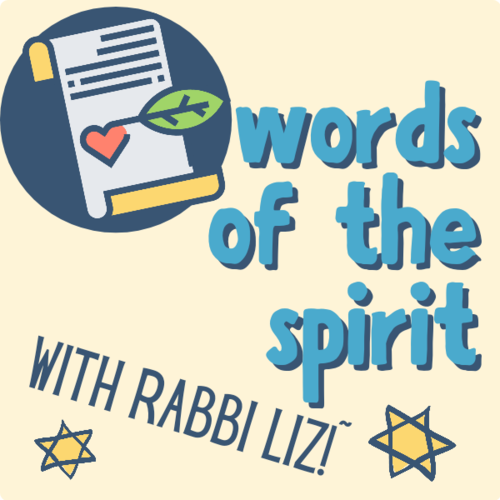Upon Learning of a Terrible Tragedy in a Jerusalem Synagogue
18/11/2014 09:46:46 PM
| Author | |
| Date Added | |
| Automatically create summary | |
| Summary |
“The ground is talking,” says the young commander of the Binyamin Brigade, responsible for the area in the territories between Jerusalem and Nablus, a poignant reference to the unique place the area plays in our Biblical heritage.
Two days before, the former security advisor to the government and Underground fighter, opined that “Real peace needs fundamental political and social change in the Middle East,” and acknowledged that Jerusalem is already a “divided city.”
That was in January 2001, the month of my prior visit to Israel with a rabbinic delegation. This past summer’s visit with the Reconstructionist Rabbinical Association mimicked many aspects of that time 13 years before, and yet, with so many changes. So much more loss, so much less hope.
We read in this week’s Torah portion, in Genesis chapter 26, that Isaac, Abraham’s son in negotiating skills, met with a foreign leader and his military advisors, who together declared to Isaac: “Now that we see that Y-H-V-H has been with you, let there be a sworn treaty between our two parties, between you and us. Let us make a pact with you that you will not do us harm, just as we have not molested you…” A few verses later: “They departed from him in peace.”
Halevay. This means: “… if only …” “… one can only hope …” “may it only be so.”
On such a day as this, when the vision of tranquility and justice in the land of our ancestors seems terribly dim, we must commit ourselves anew to not collaborate with hopelessness, to hold up the vision of our ancestors making peace with their enemies. Halevay.
Hamakom yinachem etchem betockh she’ar avaley tzion viyerushalayim. May the God-of-Allplace bring comfort to all who mourn amongst our sisters and brothers of Tzion and Yerushalayim.
Rabbi Liz
Wed, 9 July 2025
Special Messages from the Rabbi
Privacy Settings | Privacy Policy | Member Terms
©2025 All rights reserved. Find out more about ShulCloud







